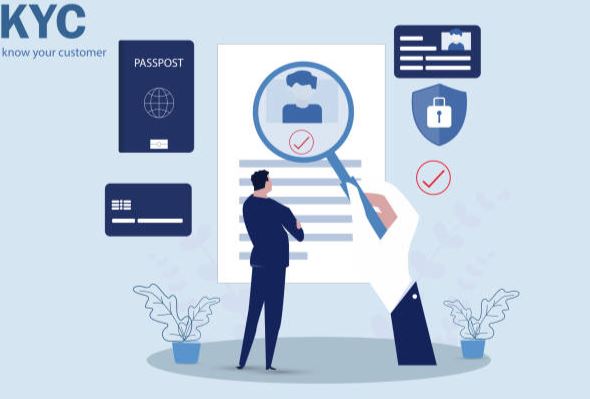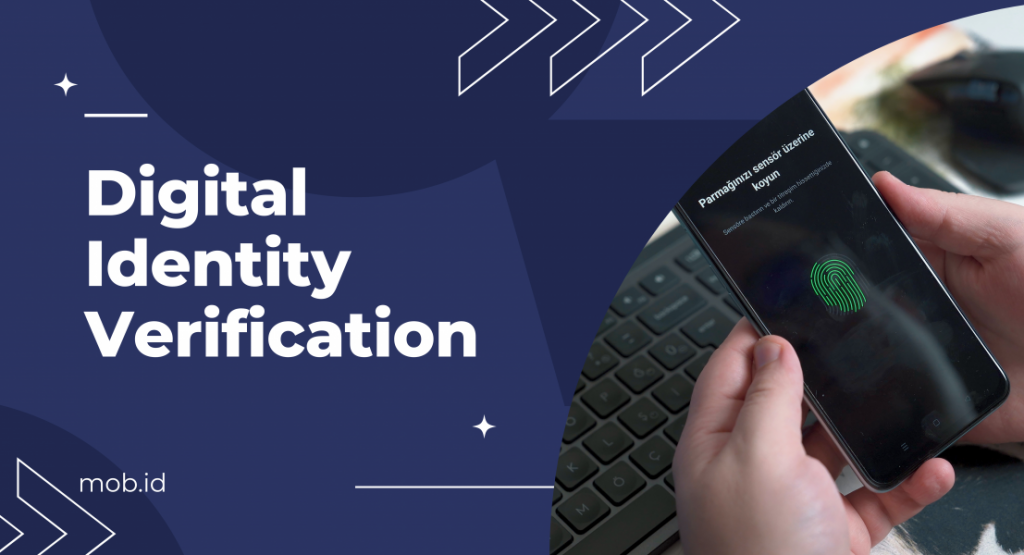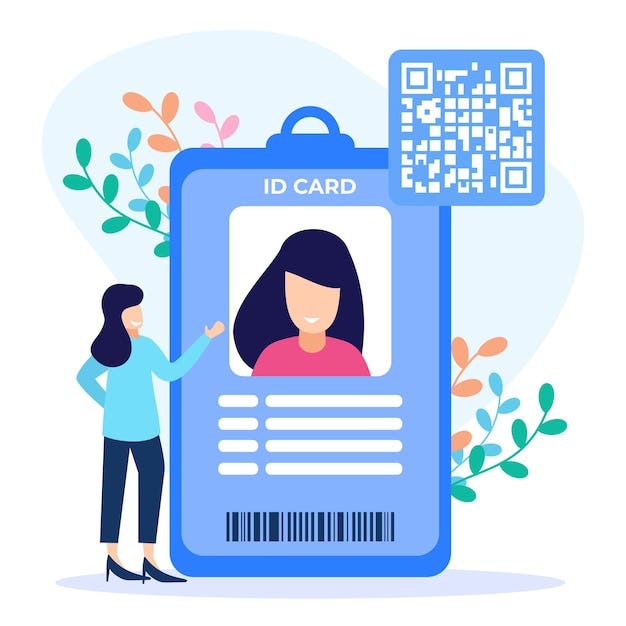The Crucial Role Of Identity Verification In The Online Job Market
The Crucial Role of Identity Verification in the Online Job Market
Related Articles: The Crucial Role of Identity Verification in the Online Job Market
Introduction
In this auspicious occasion, we are delighted to delve into the intriguing topic related to The Crucial Role of Identity Verification in the Online Job Market. Let’s weave interesting information and offer fresh perspectives to the readers.
Table of Content
The Crucial Role of Identity Verification in the Online Job Market
The burgeoning online job market offers unparalleled flexibility and opportunity, connecting employers with talent across geographical boundaries. However, this digital landscape also presents unique challenges, including the need to ensure the authenticity of both job seekers and employers. Identity verification, therefore, plays a critical role in safeguarding this ecosystem, fostering trust, and mitigating potential risks.
Understanding the Need for Identity Verification in Online Jobs
The internet’s anonymity can be a double-edged sword. While it allows for greater access and inclusivity, it also creates an environment where individuals can easily assume false identities. This can lead to various issues:
- Fraudulent Job Seekers: Individuals may create fake profiles to apply for jobs with the intention of defrauding employers. This could involve misrepresenting their skills, experience, or even their identity entirely.
- Misrepresentation by Employers: Unethical employers may create fake job postings to gather personal information from unsuspecting job seekers or to engage in illegal activities.
- Security Breaches: Lack of identity verification can make online job platforms vulnerable to security breaches, potentially exposing sensitive data of both job seekers and employers.
- Legal and Compliance Issues: Many jurisdictions require employers to conduct background checks and verify the identities of their employees for legal and compliance reasons.
Methods of Identity Verification in the Online Job Market
Various methods are employed to verify the identity of individuals participating in the online job market. These methods can be broadly categorized into two groups:
1. Document-Based Verification:
- Government-Issued ID: This is the most common form of verification, requiring individuals to submit a scanned copy or photograph of a valid government-issued identity document such as a driver’s license, passport, or national identity card.
- Utility Bills: Verification can also be achieved through the submission of utility bills, bank statements, or other official documents that display the individual’s name and address.
- Social Security Number (SSN) Verification: In some cases, employers may request the Social Security Number (SSN) of potential employees for verification purposes, although this practice is becoming less common due to privacy concerns.
2. Biometric Verification:
- Facial Recognition: This technology uses facial features to verify identity, requiring individuals to take a live photograph or video that is compared to a database of known faces.
- Fingerprint Scanning: This method involves capturing and comparing an individual’s fingerprint against a stored database, offering a high level of accuracy and security.
- Voice Biometrics: This technology analyzes an individual’s voice patterns to verify their identity, often used in combination with other verification methods.
Benefits of Identity Verification in the Online Job Market
Implementing robust identity verification procedures offers significant benefits to both job seekers and employers:
- Enhanced Trust and Security: Verification helps build trust and confidence among participants, reducing the risk of fraud and creating a more secure online job environment.
- Reduced Recruitment Costs: By minimizing fraudulent applications, employers can streamline their recruitment process, saving time and resources.
- Improved Candidate Quality: Verification helps ensure that only qualified and legitimate candidates are considered for job opportunities, leading to a higher-quality pool of applicants.
- Legal Compliance: Verifying the identity of employees is often a legal requirement for employers, ensuring compliance with regulations and minimizing potential legal risks.
- Protection Against Identity Theft: For job seekers, identity verification helps protect them from identity theft and misuse of their personal information.
FAQs Regarding Online Jobs ID Proof
1. What are the different types of identity documents that are accepted for verification?
Commonly accepted documents include government-issued identification such as driver’s licenses, passports, national identity cards, and utility bills. The specific documents required may vary depending on the platform or employer.
2. Is it safe to share my personal information for verification purposes?
Reputable online job platforms and employers use secure methods to collect and store your personal information, ensuring its confidentiality and protection. However, it is always advisable to verify the legitimacy of the platform or employer before sharing sensitive information.
3. What happens if my identity verification fails?
If your identity verification fails, you may be asked to provide additional documentation or to use an alternative verification method. In some cases, you may be unable to proceed with the application process.
4. How long does it take to verify my identity?
The time required for identity verification can vary depending on the method used and the platform involved. Some platforms offer instant verification, while others may take several days.
5. Is identity verification required for all online job applications?
Not all platforms or employers require identity verification. However, it is becoming increasingly common, particularly for high-stakes positions or for platforms that handle sensitive data.
Tips for Job Seekers Regarding Online Jobs ID Proof
- Be cautious of platforms that do not require any form of identity verification.
- Always verify the legitimacy of the platform or employer before sharing personal information.
- Use strong passwords and enable two-factor authentication for your online accounts.
- Keep your personal information updated and secure.
- Report any suspicious activity or requests for personal information to the platform or authorities.
Conclusion
Identity verification plays a crucial role in safeguarding the integrity of the online job market. By implementing robust verification procedures, platforms and employers can create a more secure and trustworthy environment for both job seekers and employers. This, in turn, leads to a more efficient recruitment process, improved candidate quality, and a reduction in fraudulent activities. As the online job market continues to evolve, the importance of identity verification will only grow, ensuring a safe and reliable space for connecting talent with opportunities.








Closure
Thus, we hope this article has provided valuable insights into The Crucial Role of Identity Verification in the Online Job Market. We thank you for taking the time to read this article. See you in our next article!
You may also like
Recent Posts
- Navigating The Digital Landscape: Online Job Opportunities For 17-Year-Olds
- Navigating The Amazon Ecosystem: Online Opportunities For Students
- Navigating The Digital Landscape: Online Jobs In Illinois
- Navigating The Realm Of Remote Work In Malta: A Comprehensive Guide
- The Rise Of Remote Work: A Comprehensive Look At Online Jobs In America
- Unlocking Opportunities: Online Tutoring As A Career Path For Women
- The Rise Of Remote Work: A Comprehensive Guide To Online Jobs From Home In The USA
- The Digital Frontier: Navigating Entry-Level Online Jobs Without Prior Experience

Leave a Reply